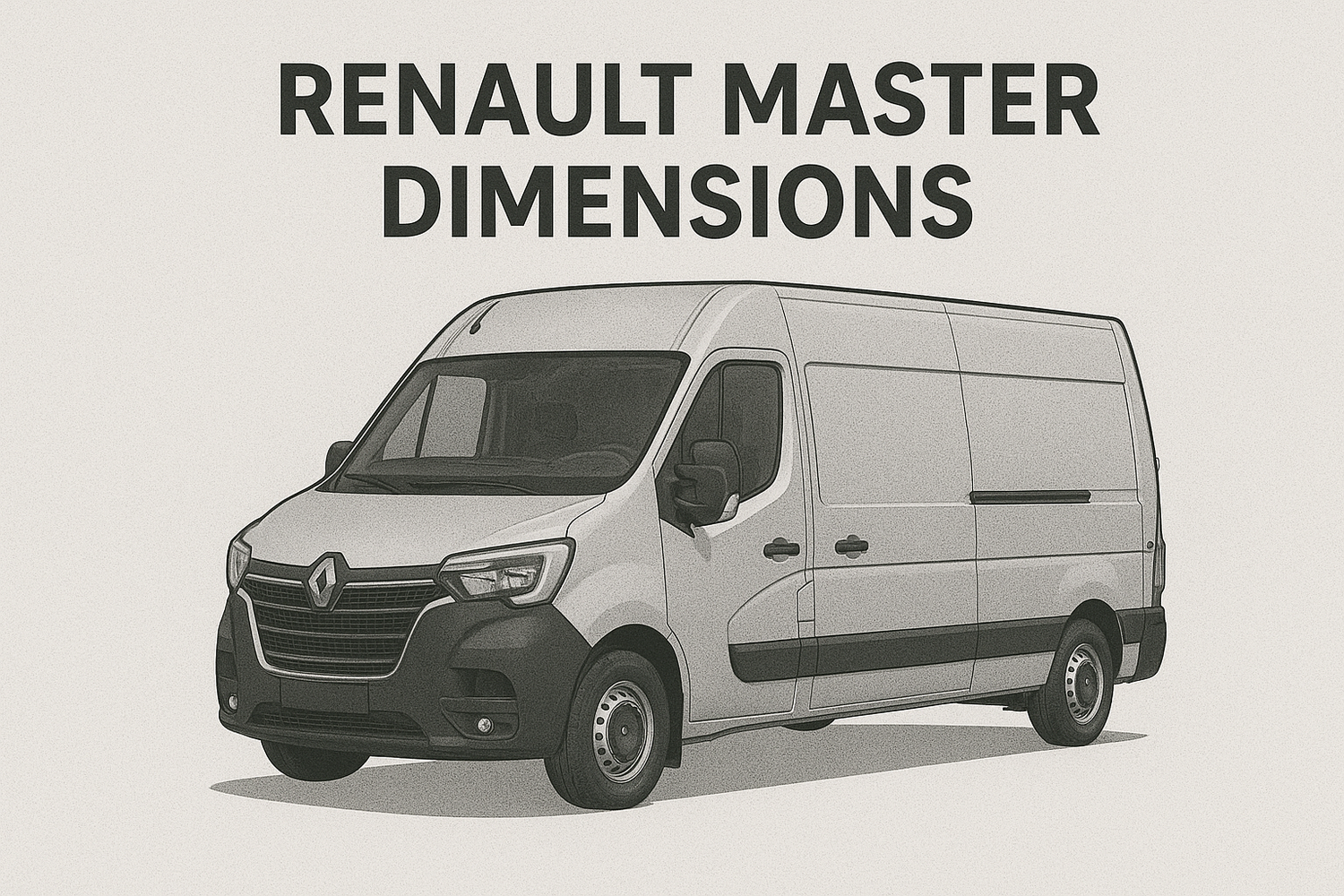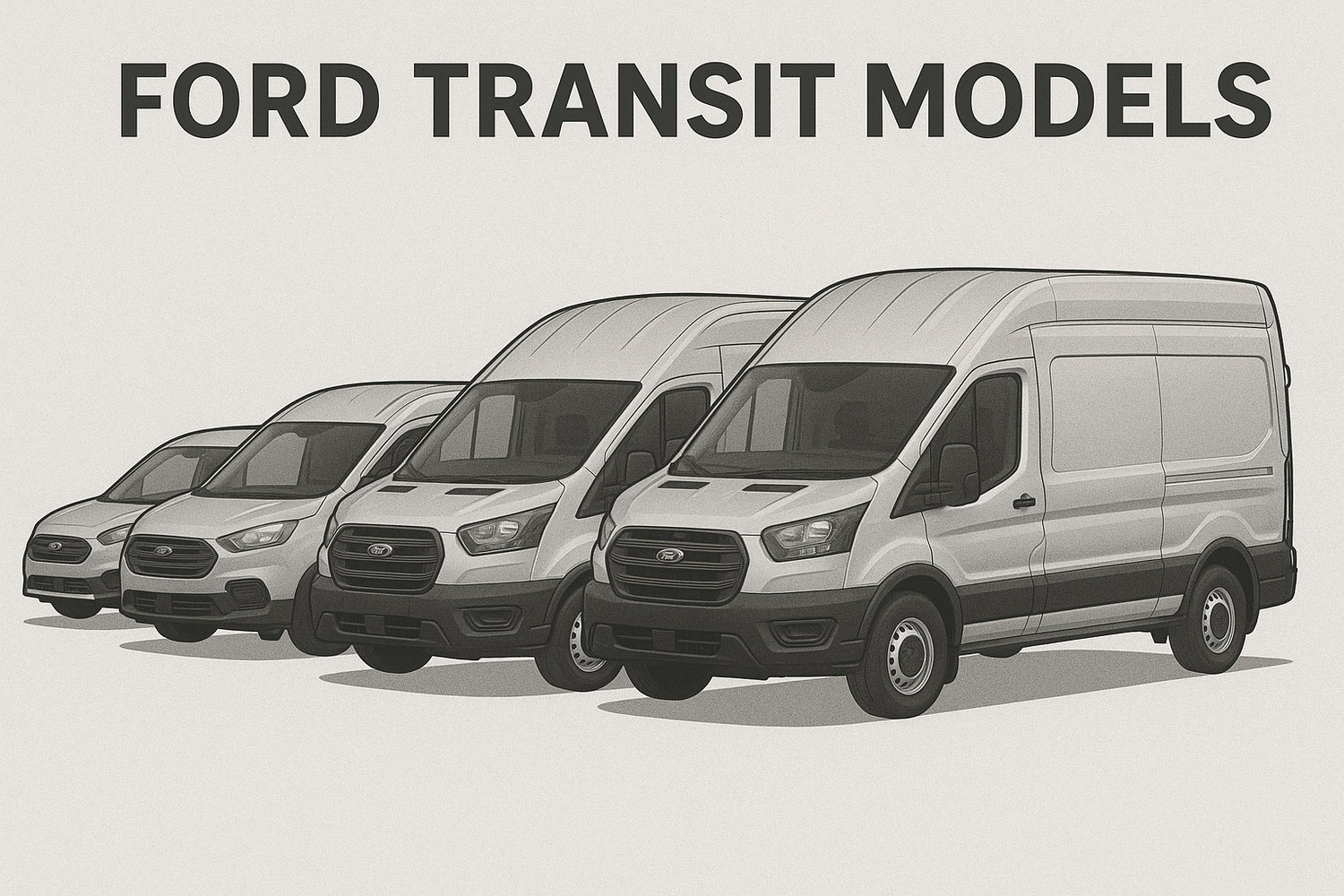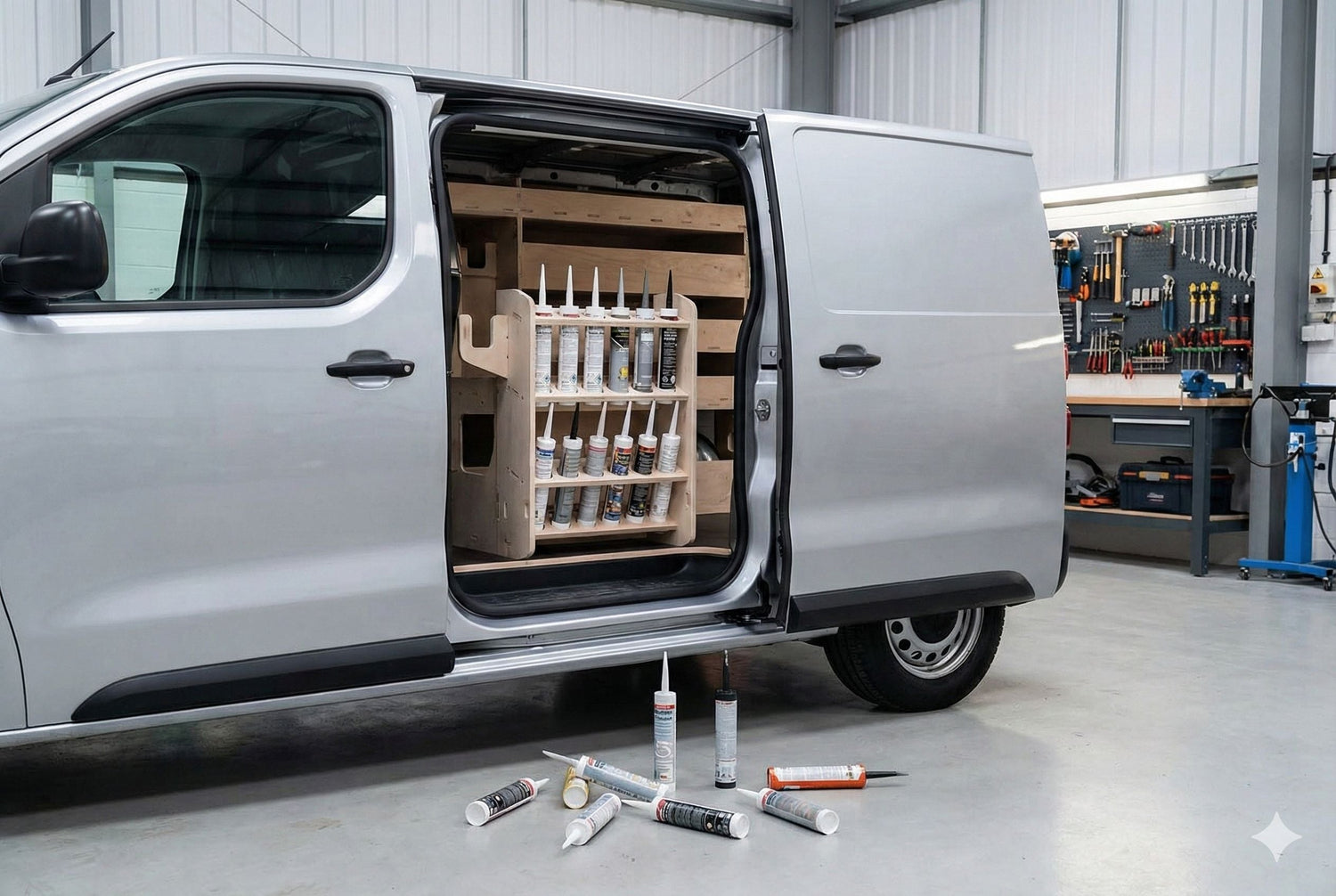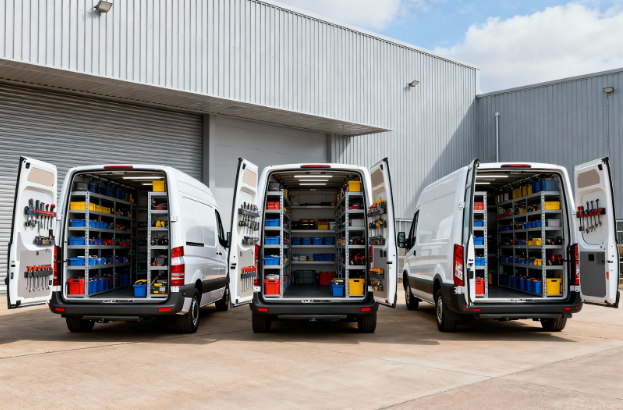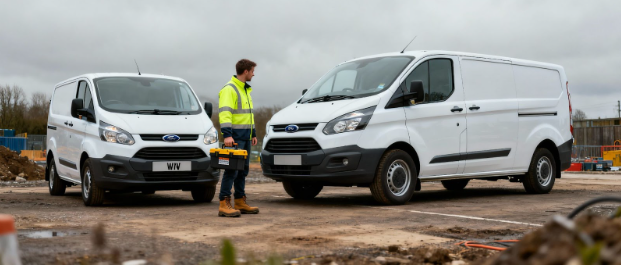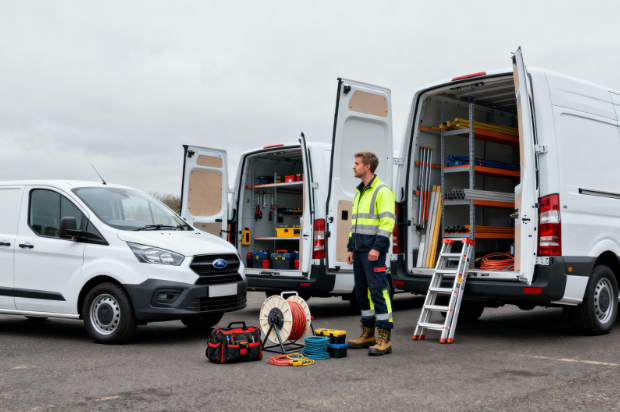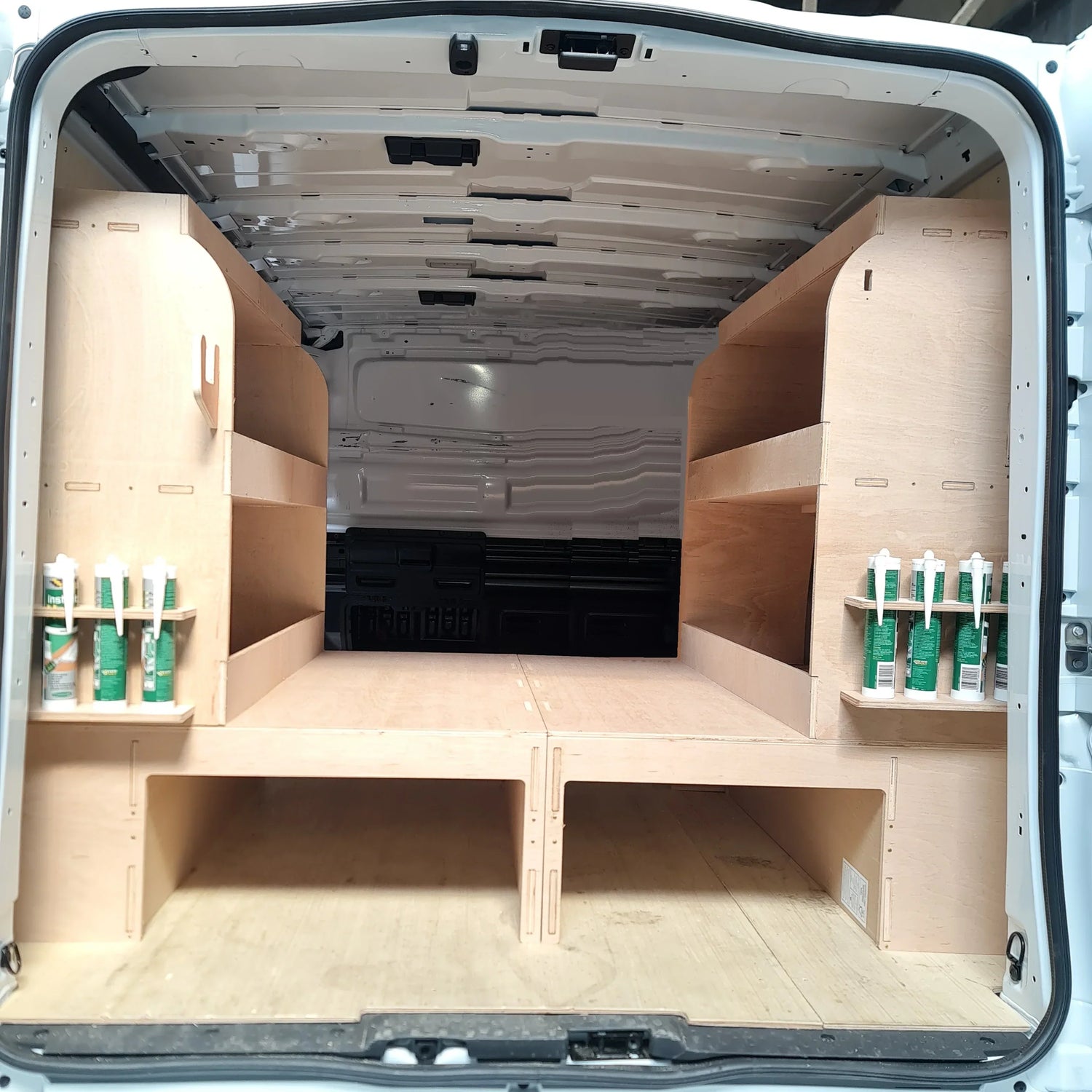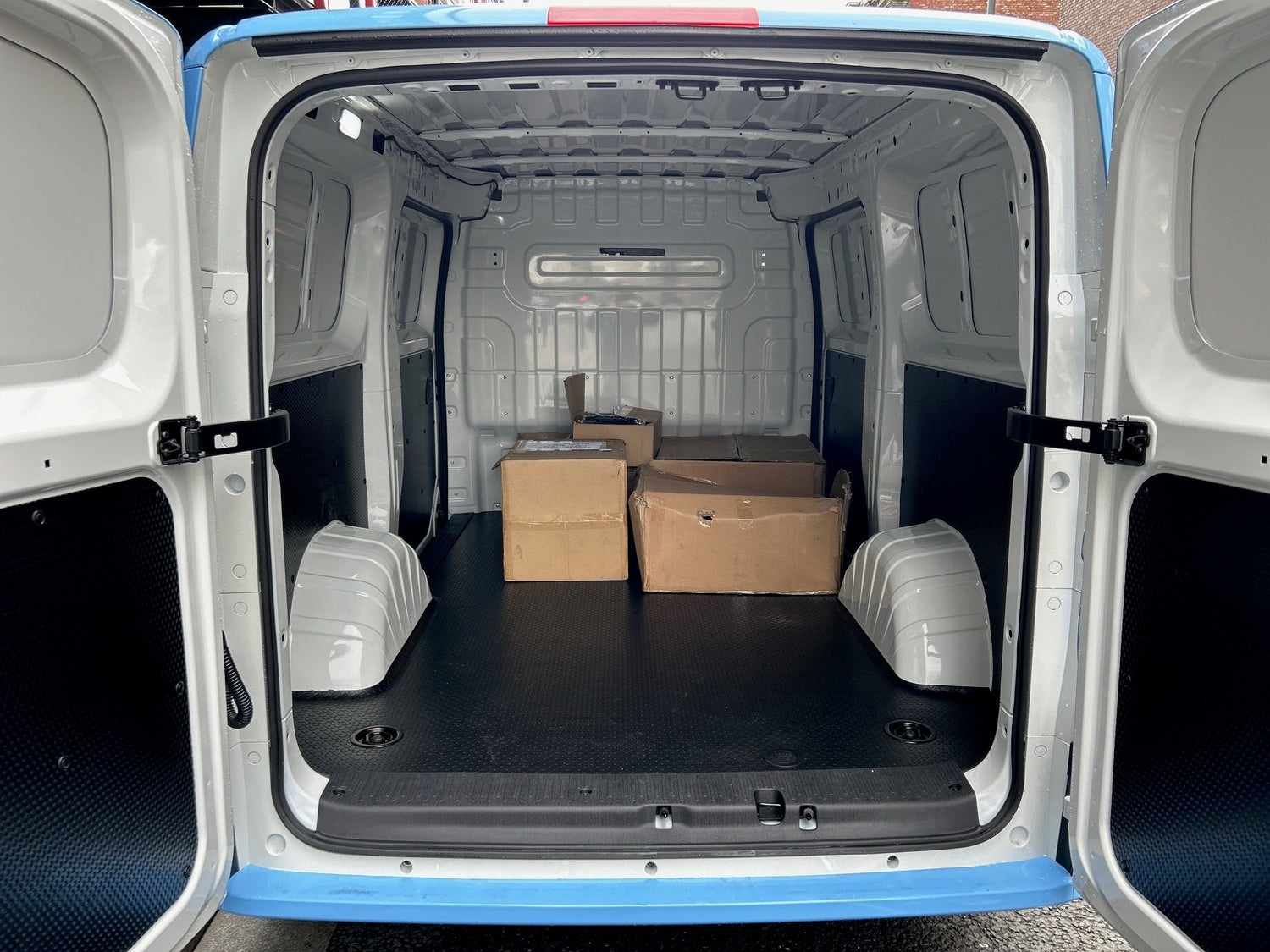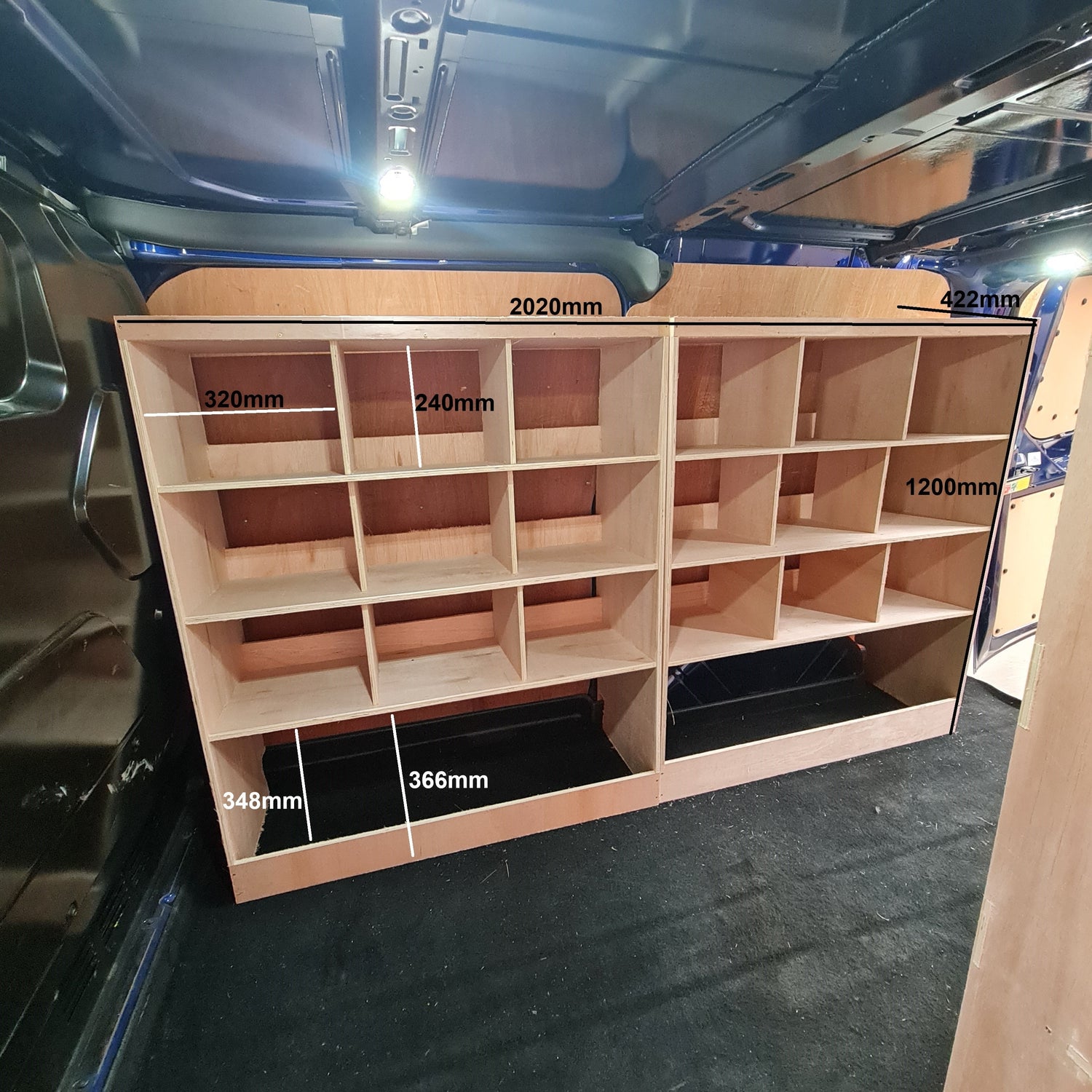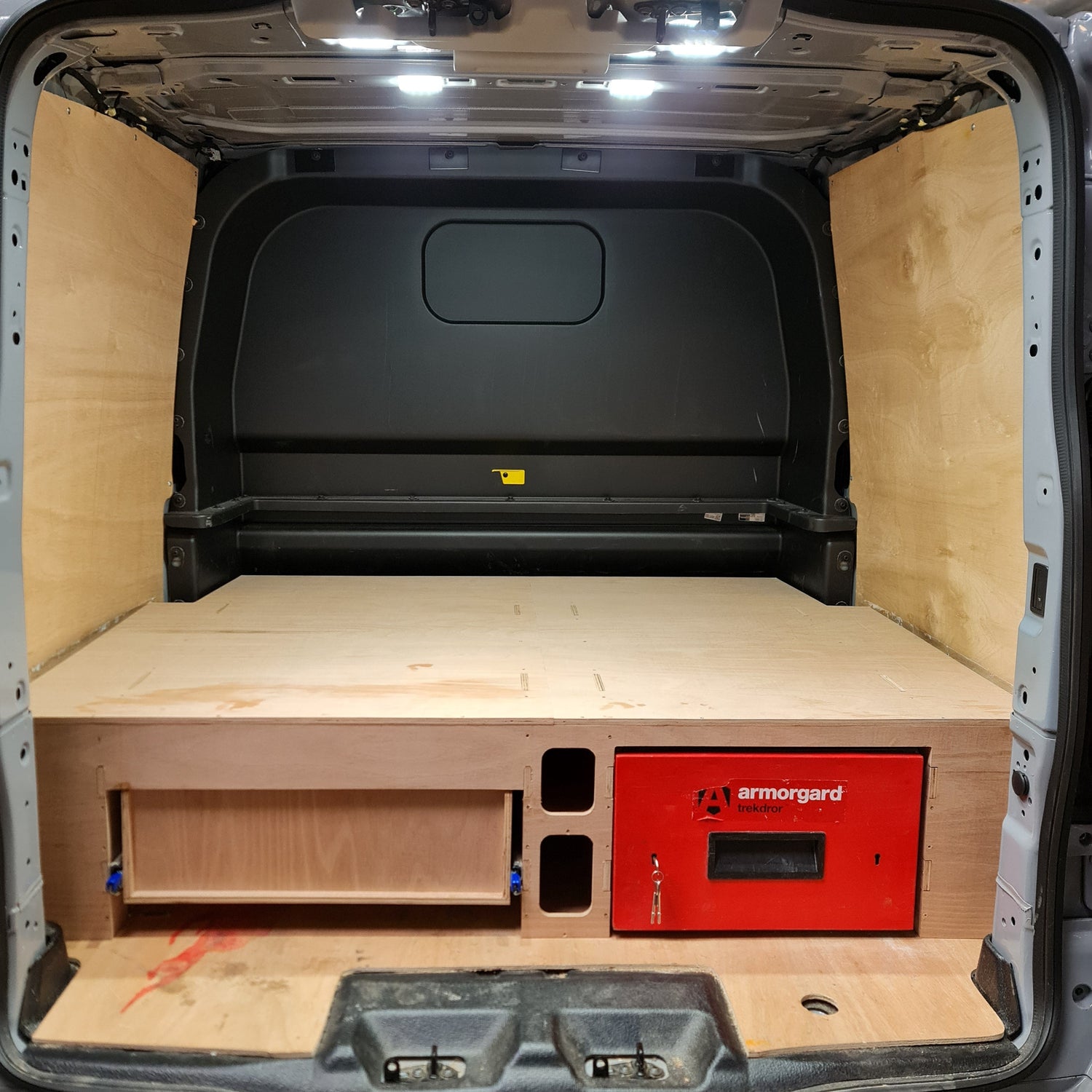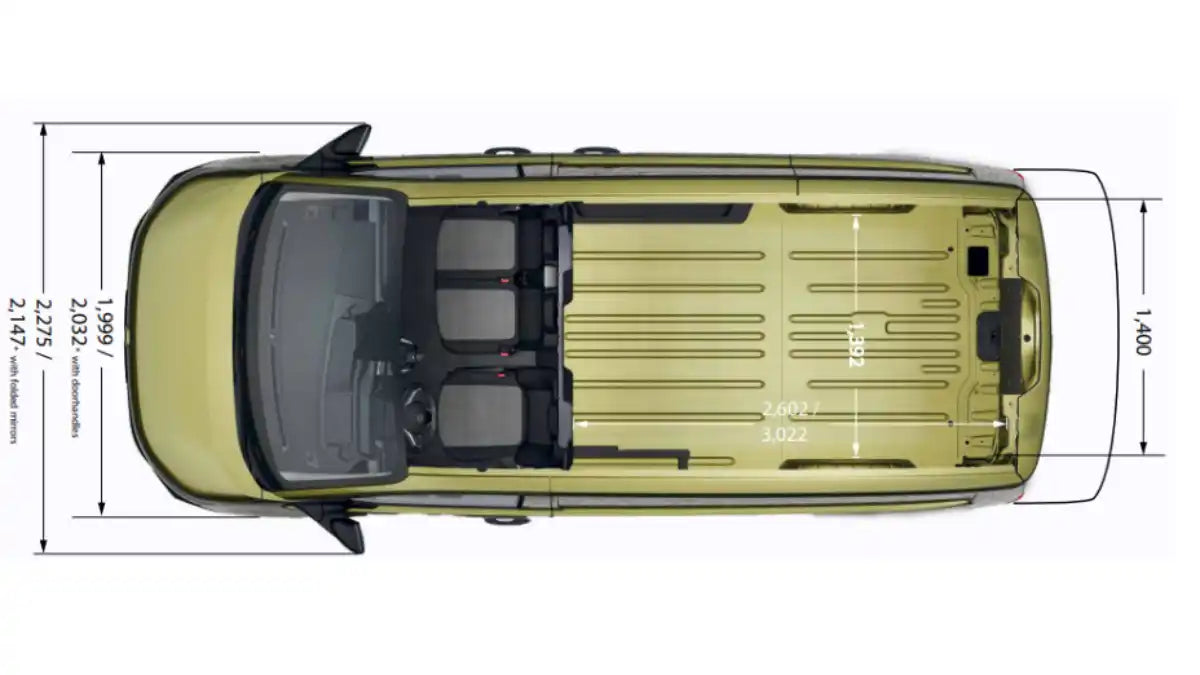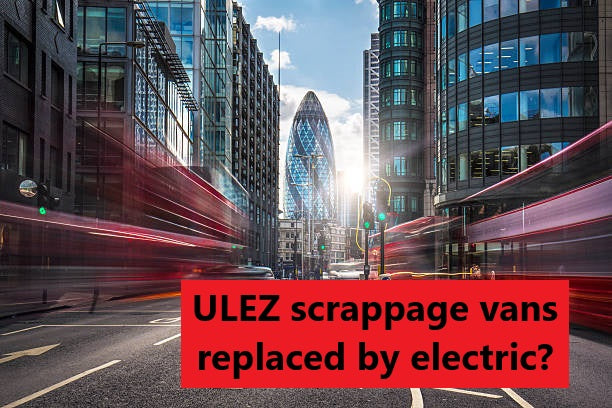UK car and commercial vehicle production down in January has raised eyebrows across the automotive industry. As manufacturers grapple with various challenges, this decline raises questions about future prospects and the sustainability of the sector. Understanding the implications of this downturn helps stakeholders navigate through uncertainty while planning for recovery.
The Factors Behind the Decline in Production
The automotive landscape is never static; it is constantly evolving due to various internal and external factors. The decline in UK car and commercial vehicle production in January can be attributed to several critical elements that have shaped the industry's current state.
Supply Chain Disruptions
The supply chain is the lifeblood of vehicle manufacturing. In recent years, it has been affected by a multitude of disruptions ranging from the global pandemic to geopolitical tensions.
As manufacturers rely on components produced around the globe, even slight disruptions can lead to significant delays. For instance, during the COVID-19 pandemic, lockdowns led to factory shutdowns, causing a ripple effect that continues to haunt the industry. Manufacturers found themselves grappling with shortages of essential parts, particularly semiconductors, which are vital in modern vehicles.
Moreover, the impact of Brexit has also resulted in complex regulatory landscapes and customs checks that slow down the movement of goods between the UK and EU countries. This has further exacerbated logistic challenges, making it difficult for car manufacturers to maintain production rates.
Economic Factors and Consumer Demand
Economic fluctuations play a pivotal role in shaping consumer behavior, and consequently, car production levels. In January, rising inflation and increasing interest rates put consumers in a challenging position regarding purchasing power.
When inflation rises, disposable income often shrinks, leading potential buyers to postpone their vehicle purchases. This cautious approach affects manufacturers' production schedules, prompting them to scale back output in anticipation of reduced demand. The lingering effects of the pandemic, coupled with economic uncertainties, have made it difficult for consumers to commit to high-cost items like cars and commercial vehicles, contributing to the production decline.
Shift Towards Electric Vehicles
The automotive industry is undergoing a paradigm shift with the growing focus on electric vehicles (EVs). While this transition is crucial for environmental sustainability, it also presents hurdles for traditional manufacturers.
The move towards EVs requires substantial investments in new technologies and infrastructure. Consequently, many manufacturers have started retraining staff, phasing out older production lines, and re-evaluating their strategies. These activities often result in temporary dips in overall production figures, as resources are diverted to adapt to the changing market landscape.
Furthermore, consumers are becoming more informed and selective, impacting the sales of conventional vehicles. The urgency to pivot to electric models contributes to the UK car and commercial vehicle production down in January, reflecting an industry grappling with transformation.
Regional Impact and Employment Concerns
The automotive sector serves as a significant pillar of the UK economy, providing jobs, stimulating local economies, and promoting growth. However, the recent downturn in production raises concerns about its regional impact and employment stability.
Job Losses and Skills Mismatch
One of the most immediate concerns resulting from a decline in production is job security for those employed in the automotive sector. As manufacturers face mounting pressure to adapt to reduced output, they might resort to layoffs or hiring freezes.
In areas where large factories serve as primary employers, job losses can have far-reaching consequences for local communities. The ripple effect of job cuts extends beyond directly affected workers; it can undermine local businesses reliant on the spending power of these employees.
Additionally, the rapid transition towards electric vehicles introduces a skills mismatch within the workforce. Many traditional manufacturing roles may become obsolete, necessitating reskilling efforts that could take time. Workers may find themselves caught in limbo, uncertain about their future prospects in an industry that is evolving faster than many anticipated.
Regional Economic Disparities
The impact of the decline in production is not uniform across the UK. Certain regions, particularly those heavily dependent on automotive manufacturing, might feel the brunt of this downturn more acutely.
For example, regions like the West Midlands and North East, known for their rich automotive heritage, may experience heightened economic challenges. As production volumes fluctuate, these areas may witness increased unemployment rates and dwindling investment from manufacturers.
Urban areas with diverse economies might be better positioned to absorb such shocks, highlighting disparities in regional resilience. Policymakers must recognize these differences and develop targeted strategies to support vulnerable communities during trying times.
Potential for Recovery through Innovation
Despite the current challenges, there is room for optimism. History shows that downturns can pave the way for innovation and rejuvenation within industries.
Many manufacturers are exploring new business models and partnerships designed to create more agile operations. Collaborations with tech companies focusing on autonomous driving and smart mobility solutions indicate an eagerness to diversify offerings and meet evolving consumer needs.
Moreover, investment in research and development for cleaner technologies can facilitate a rebound in production. By prioritizing innovative practices, manufacturers may emerge from this slump stronger, positioning themselves favorably for future growth.
Government Policies and Incentives
Governmental intervention plays a vital role in stabilizing industries during periods of decline. The automotive sector in the UK is no exception, and strategic government policies can significantly influence its trajectory.
Financial Support and Subsidies
Financial assistance programs can provide much-needed relief to struggling manufacturers. Government subsidies aimed at bolstering production rates or transitioning to electric vehicles can help mitigate the impacts of declining output.
Subsidies for research and development initiatives can incentivize manufacturers to innovate without bearing the full financial burden. This support can even make the difference between survival and insolvency during challenging times.
Furthermore, the government can work towards creating favorable tax conditions for manufacturers. By reducing the fiscal pressures faced by firms, policymakers can encourage investment and growth in a sector that is fundamental to the UK's economy.
Trade Relations and Export Strategies
With the complexities introduced by Brexit, maintaining robust trade relations is paramount for the automotive sector. The government can focus on establishing trade agreements that benefit manufacturers, facilitating smoother exports and imports of components.
By fostering a conducive trading environment, manufacturers will be more inclined to ramp up production. Additionally, promoting UK-made vehicles in international markets could stimulate demand and alleviate some of the pressure caused by domestic declines.
Environmental Regulations and Standards
The automotive industry is increasingly subject to environmental regulations aimed at combating climate change. While these regulations can represent challenges, they also present opportunities for growth and innovation.
Government initiatives that prioritize the electrification of transport could stimulate investment in EV production. By setting ambitious targets for reducing emissions, the government can drive manufacturers toward sustainable practices, aligning with global shifts toward greener technologies.
However, it is crucial that these policies balance environmental goals with economic realities. Overly stringent regulations could deter investment, stifling growth and further impacting production levels.
Future Outlook for the Automotive Industry
While the landscape appears daunting with UK car and commercial vehicle production down in January, assessing future possibilities can renew hope among manufacturers and stakeholders alike.
Embracing Technological Advancements
The automotive industry stands on the brink of transformative technological advancements. Electric and autonomous vehicles promise to reshape mobility as we know it.
Manufacturers investing in these innovations are better positioned to emerge from current challenges. The shift towards smart manufacturing processes, utilizing artificial intelligence and data analytics, can enhance operational efficiencies and production output.
Moreover, advances in battery technology could lower costs and improve the performance of electric vehicles, making them more attractive to consumers. With evolving customer preferences, those who embrace change stand to regain momentum in the market.
Shaping a Sustainable Future
Sustainability is no longer just a buzzword but a necessity in today's automotive landscape. Consumers are increasingly prioritizing eco-friendly options, pushing manufacturers to align their products with these values.
Companies committed to sustainable practices, such as sourcing materials ethically and adopting circular economy principles, will likely gain a competitive edge. As public awareness of climate issues grows, brands that champion responsibility are more likely to resonate with consumers.
An emphasis on green practices can also attract investors looking to fund forward-thinking initiatives. Engaging stakeholders in sustainability initiatives creates a collaborative environment that fosters innovation.
Navigating Global Markets
Globalization offers both challenges and opportunities for the UK automotive sector. While competition from international players remains fierce, it also opens doors to new markets and collaborations.
UK manufacturers can seek opportunities in emerging markets where demand for vehicles is on the rise. By diversifying export strategies and adjusting product offerings to cater to local tastes, manufacturers can tap into fresh revenue streams.
Additionally, partnerships with overseas companies on joint ventures can leverage shared expertise and resources. Such alliances may enhance resilience against economic downturns, enabling firms to adapt swiftly to changing market dynamics.
Conclusion
The decline in UK car and commercial vehicle production down in January paints a challenging picture for the automotive sector. However, understanding the underlying factors driving this trend reveals opportunities for growth and transformation. By addressing supply chain challenges, capitalizing on government support, embracing innovation, and navigating the global market effectively, manufacturers can not only weather the storm but emerge stronger and more resilient. The road ahead may be fraught with obstacles, but the potential for revival and renewal exists for those willing to adapt and evolve in this rapidly changing landscape.








